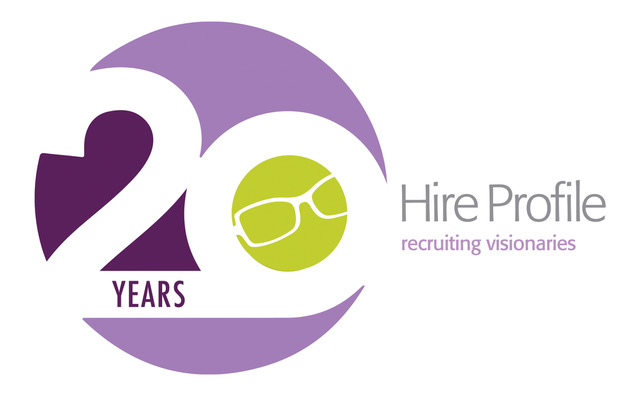Ways to Access Career Coaching Regardless of Your Income
Are you stuck in a professional rut? Are you the dog that caught the car by landing your dream job and now you don’t know where to start? Or, maybe you’re kickin’ it at work and haven’t stopped to think about how to leverage your recent successes.
No matter your level, job responsibilities or industry, everyone can benefit from career coaching. In today’s competitive job marketplace, we could all use a trusted someone with whom we can bounce ideas and who will ask us the tough questions, give us a gut check and point us toward proven resources.
What is Career Coaching, Anyway?
Much like a psychologist or a counselor that you would visit for personal growth and to work out issues, a career coach is not there to “solve” your professional conundrums. A career coach is much like a trainer for a professional athlete. They listen when necessary and ask thoughtful questions to get you to open your mind to possibilities. They guide you through figuring out answers for yourself and cheer you on when you succeed. Great coaches give objective, constructive feedback that can help you see blind spots that you may not even know you have.
The coaching relationship is different from that of a mentoring relationship. According to a recent article in Forbes, “Mentors are successful people who share their hard-won wisdom to provide insight and guidance.” Coaches, as the article outlines, “are usually trained and certified as coaches, possessing strong process management skills.”
Mentors are successful people who share their hard-won wisdom to provide insight and guidance.
Coaching Options for Everyone
So now that you know why you need a coach, the next question might be how you can find one. Whether you’re a seasoned professional, freelancer out there on your own or you’ve just entered the workforce, there is some version of coaching that is accessible to you.
Formal Coaching
“Formal” career coaching is when you visit with a certified coach for a set amount of time each week or month and pay them for their time, talent and knowledge. A career — or “executive” — coach, will spend the first session or two getting to know you and learn more about what you want to accomplish through coaching. You’ll formulate coaching goals together. Formal career coaching can be expensive for some. The coach matching website, Noomii, says that you can expect to pay $75 to $250 per hour. The site explains that some coaches will expect a three-to-six-month commitment, to “ensure success.” Noomii also offers a great frequently asked questions section of their site that can answer more questions about formal career coaching.
Informal Coaching Options
If you are not in a financial position to invest in formal coaching, there are other options:
Partner with a Coaching Student
Colleges and universities with MBA tracks often offer career coaching certification as part of their program. Students in these certification programs typically need to log hours with “guinea pig coaches” for a certain number of hours to earn their certification. With a little research, you may be able to connect with one of these students, and it can be a great way to receive coaching while also helping develop a student’s career.
Go the Mentor Route
Another route is to take the plunge into a mentor relationship with someone you admire, trust and who is willing to take on this important role. Be certain to consider this carefully and do research on how to ask someone to be your mentor, planning for mentoring sessions and how to set expectations with your mentor. There are lots of good articles online about mentoring relationships like this one from YPO.
Free Online Resources
- A 2015 article from Psychology Today has 10 career advice sites that are very relevant and up-to-date, today. Below are some of the highlights:
- Alison Green’s Ask A Manager website is humorous and gets right to the point on several issues managers face every day.
- Keppie Careers offers great articles on topics to leverage your career.
- U.S. News and World Report’s On Careers section of their website also provides valuable articles from expert contributors.
No matter your budget, making professional development a priority is important. Career growth – including investing in some sort of coaching – is like anything else. It’s all about your willingness to keep an open mind, listen to feedback and to work hard on your weaknesses. Good luck and happy growing!
About the Author
Melissa Clontz is an independent communications consultant with more than 20 years of corporate experience. She offers marketing, digital, internal and crisis communications support to large and small business clients.
Melissa is a strategic counselor to executive leadership with experience in creating and executing communications plans and programs that garner measurable results. Previously she was director of communications at a Fortune 500 company where she led a team responsible for media relations as well as digital and external communications.
A native of New Jersey where she attended Montclair State University, Melissa lives in Decatur, GA with her husband and two sons. She has a passion for politics and pop culture and is an advocate for children with Autism Spectrum Disorder.


